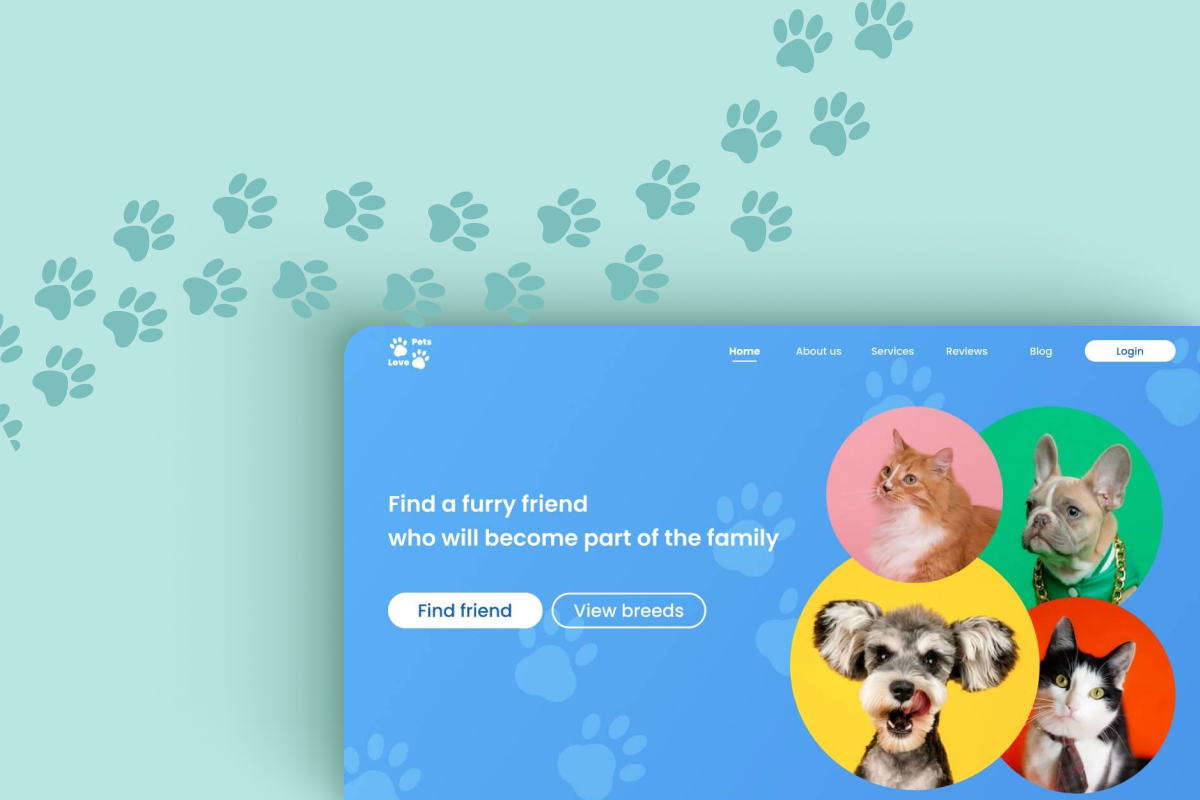All Technologies Used
Motivation
The primary goal was to stabilize and enhance a Shopify app by addressing architectural inefficiencies, reducing errors, and implementing a robust testing system. The project aimed to improve scalability, streamline operations, and boost sales through innovative features like customizable pop-up notifications.
Main Challenges
The unclear microservice architecture and lack of documentation complicated the development process, requiring nearly a month to create detailed installation guides and establish a solid foundation for future work. Azati proposed refactoring the system into a streamlined monolithic architecture to simplify maintenance and improve clarity.
Without automated testing, minor changes frequently caused instability and errors. Azati implemented CI/CD pipelines with automated tests to ensure that every Pull Request underwent rigorous quality assurance, significantly increasing reliability.
The absence of a clear roadmap slowed down prioritization and development. Azati collaborated with stakeholders to define development plans, enabling efficient workflow, smoother integration of new features, and clear tracking of progress.
Our Approach
Want a similar solution?
Just tell us about your project and we'll get back to you with a free consultation.
Schedule a callSolution
Streamlined Application Architecture
- Clear component responsibilities
- Elimination of redundant services
- Improved maintainability
- Scalable foundation for future features
Technology Stack Optimization
- Rails API backend for robust data handling
- Vue.js frontend for dynamic administration
- AWS Lambda for serverless high-load processing
- Multiple database support for flexible storage
Customizable Customer Engagement Features
- Real-time dynamic notifications
- Customizable messages and triggers
- Integration with backend analytics
- Enhanced customer interaction and retention
Business Value
Stable Application: Eliminated critical errors, ensuring smooth operation and reliable integration of new features.
Scalability: The system now effectively handles peak loads during high-traffic events like Black Friday or Cyber Monday.
Improved User Engagement: Dynamic notifications increased customer interaction and boosted sales.
Enhanced Development Efficiency: Clear documentation, robust architecture, and automated testing streamlined future development and maintenance.


















